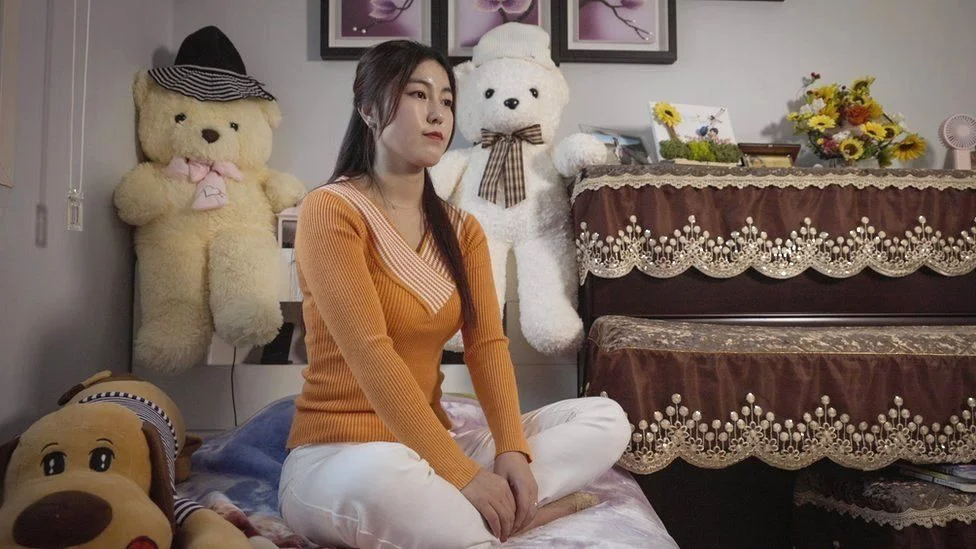For many of us, the idea of crossing a river may seem like a simple task, but for Songmi Park, it was a daring act of bravery that could have cost her everything. As she stood on the edge of the Yalu River, which separates North Korea from China, she knew that if she was caught, she would be punished severely, maybe even shot. However, Songmi felt a pull far stronger than her fear. She was leaving North Korea to find her mother, who had left her behind as a child.
Songmi’s childhood was fraught with turmoil and hardship. When she was four years old, both her parents were taken to one of North Korea’s infamous prison camps, leaving her to live with her father’s parents on their farm. Going to school was not an option, and Songmi spent her childhood hunting for clovers to feed the rabbits on the farm. She was often sick, and her immunity was low. But when she woke up from her sickness, her grandmother always left her a snack on the windowsill.
Five years after her father was taken to the prison camp, he slipped softly into bed behind her, wrapping her in his arms. She buzzed with excitement, feeling that life could begin again. However, three days later, he died. His time in prison had chipped away at his health.

When Songmi’s mother, Myung-hui, returned home to find her husband dead, she was devastated. She made an unthinkable decision. She would try to escape North Korea again, alone. On the morning her mother left, Songmi sensed that something was different. Her mother had dressed strangely, in her grandmother’s clothes. “I didn’t know what she was planning, but I knew that if she left, I wouldn’t see her for a long time,” she says. As her mother walked out of the house, Songmi curled under her bedsheet and cried.
Within two years, her grandfather had died, leaving her alone at the age of 10, caring for her bedridden grandmother with no source of income. In times of desperation, the dense mountains of North Korea provided meager sustenance.
Every morning, Songmi began the two-hour walk up into the mountains, hunting for plants to eat and sell. Certain herbs could be sold as medicine at her local market, but first they needed to be washed, trimmed, and dried by hand, meaning she worked late into the night. “I couldn’t work or plan for tomorrow. Every day I was trying not to starve, to survive the day.”
Meanwhile, her mother was on a dangerous journey through China and neighboring Laos, then Thailand, to reach a South Korean embassy. The South Korean government, which has an agreement to resettle North Korean escapees, flew her to Seoul, where she settled in the industrial town of Ulsan on the south coast. Desperate to earn money to pay for her daughter’s escape, Myung-hui cleaned the inside of ships at a ship-building factory every day without rest. Escaping from North Korea is expensive, requiring a middleman who can help navigate the hurdles and money to bribe anyone who gets in the way.
After paying a broker £17,000 ($20,400), Myung-hui finally found a way to bring Songmi to South Korea. It was a risky move, as the North Korean government had closed its borders due to the pandemic, and Songmi was one of the last known people to make it out. When she arrived in Seoul, she was met by her mother, whom she had not seen for ten years. “I was overwhelmed, I couldn’t stop




